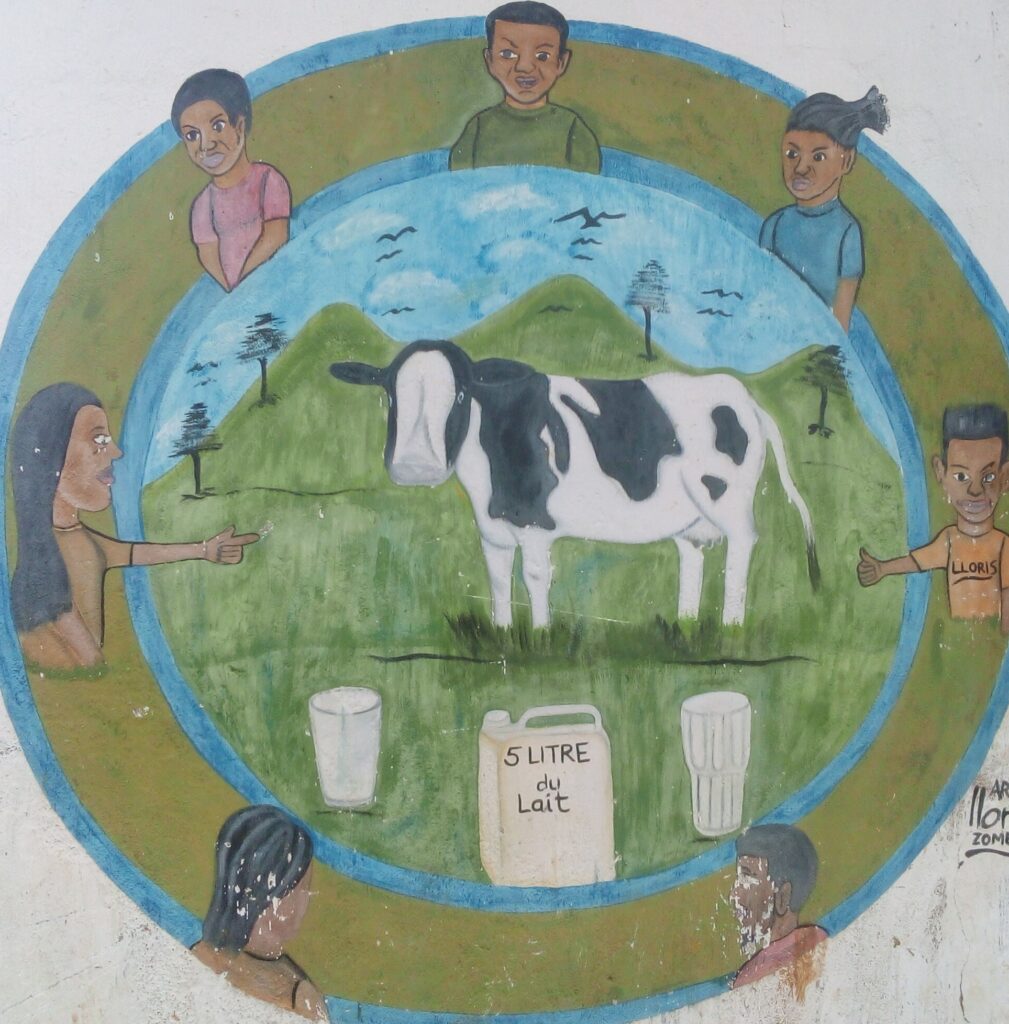As a prelude to the implementation of the TRIDE project, the TRIDE Consortium, under the leadership of ZOA, commissioned a baseline assessment to understand the situation in the project’s intervention areas with respect to its various domains. With this in mind, the firm Innovations et Entrepreneuriat Social (IES) was chosen to conduct the baseline study. With a multidisciplinary team composed of agronomists, lawyers, economists, statisticians and monitoring and evaluation experts. IES established the current situation in terms of access to land, food security, nutrition, integrated water management, value chains, cooperative development, social support, access to financing and governance. It provided a picture of the agrarian landscape, the peasant condition and the agrarian environment that shows the state of agricultural production in the project areas for survival and local economic development.
In a concrete way, based on a participatory and inclusive approach, the baseline study carried out by IES, presents (1) the situation in quantitative and qualitative terms of the different result areas; (2) a critical reflection on the context analysis, the theory of change, the strategies chosen and the key actors selected for the different results in the project proposal; (3) shows how a gender, conflict and social inclusion sensitive approach can be implemented and measured; (4) recommendations for improving implementation strategies to achieve the intended objectives; (5) an appropriate monitoring, evaluation and learning system for this project (manual, hardware and software); (6) information on existing agricultural value chains in the project areas, etc.
In order to meet the objectives of this initial assessment, IES used a mixed method approach combining quantitative techniques (household survey) and qualitative techniques (focus group discussions, semi-structured interviews and direct observations). In the analysis, after cleaning the database, the evaluation team used statistical analysis for the data from the quantitative survey and content analysis for the data from the qualitative survey. R, Excel, and ArcGIS were used to generate the results. In the reports, the qualitative data give meaning to the quantitative data. They are analyzed for each indicator selected for this evaluation.
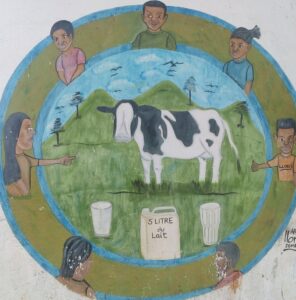
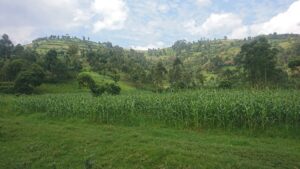
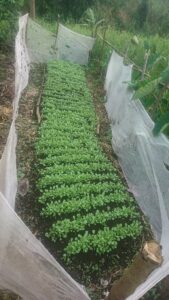
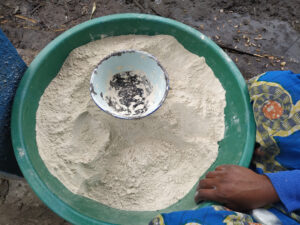
About TRIDE Project :
To support efforts to implement the Sustainable Development Goals in DR. Congo, the ZOA-Agritera-VNGI Consortium, with financial support from the Dutch Ministry of Foreign Affairs, is implementing the project TRIDE : « Transition for Inclusive Development in Eastern DRC ». This project is a food security and integrated water resources management. It’s implemented in North (Masisi, Rutshuru and Nyiragongo) and South Kivu (Uvira and Kalehe).
By June 2025 (48 months), the TRIDE project expects to globally mitigate insecurity and instability by economic development through integrated water resource management, value chain development, and development of value chains, improved access to land and markets. And in addition to promoting social cohesion and good governance at the local level, TRIDE will analyze and fight against the root causes of inter-ethnic conflicts, problems of insecurity, governance and other forms of harassment for a harmonious and sustainable development of the local economy.

